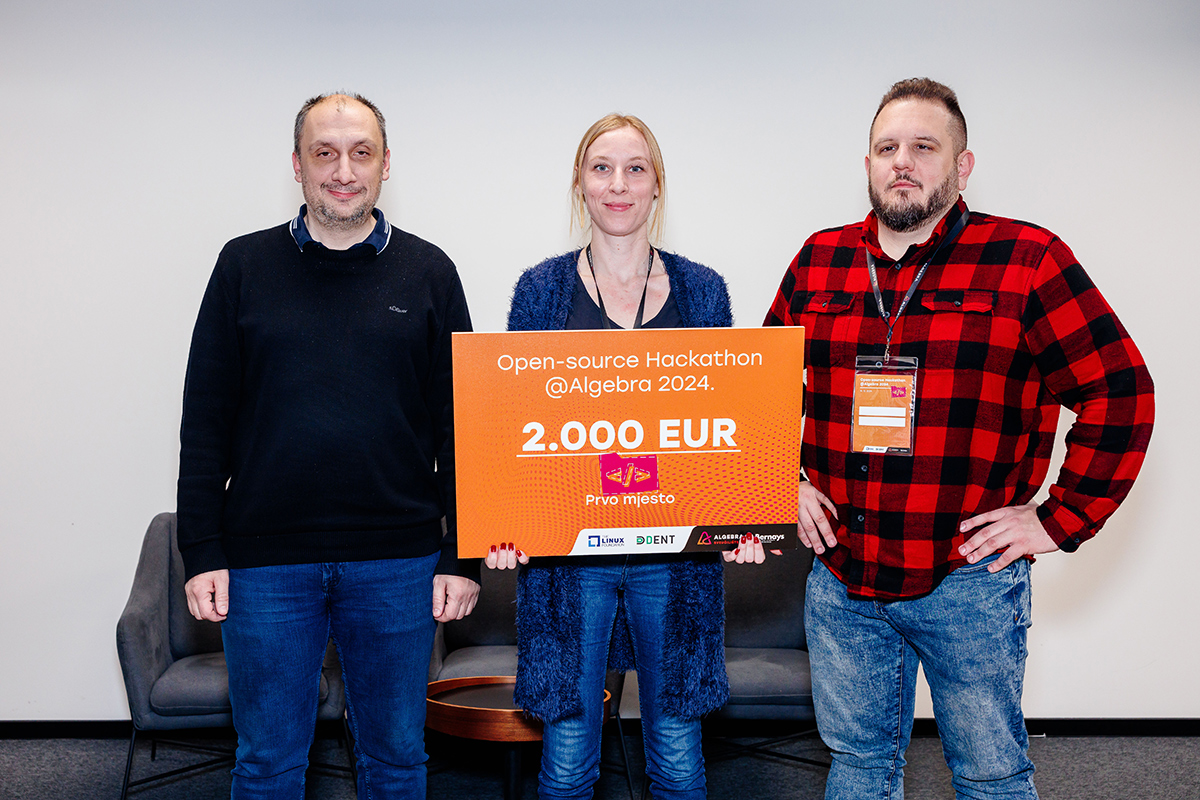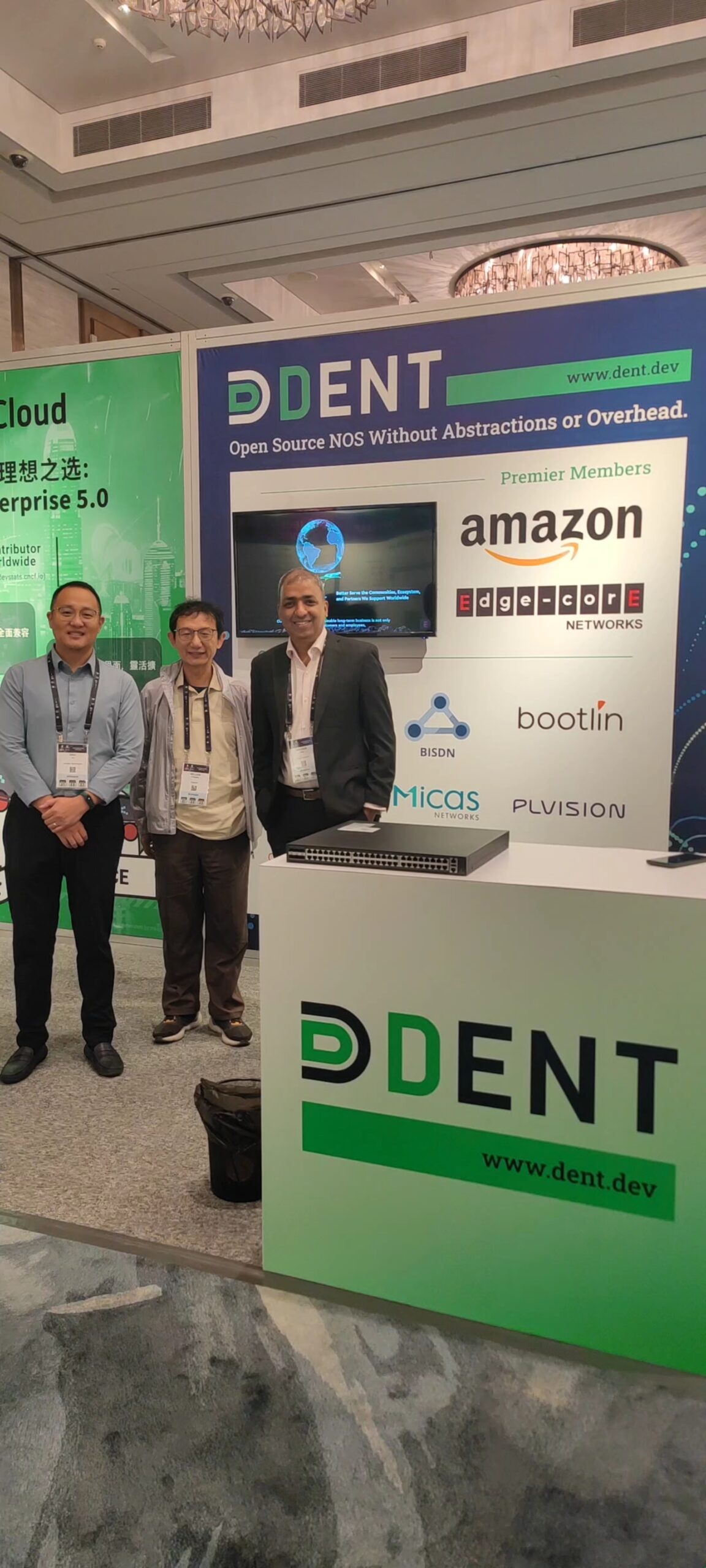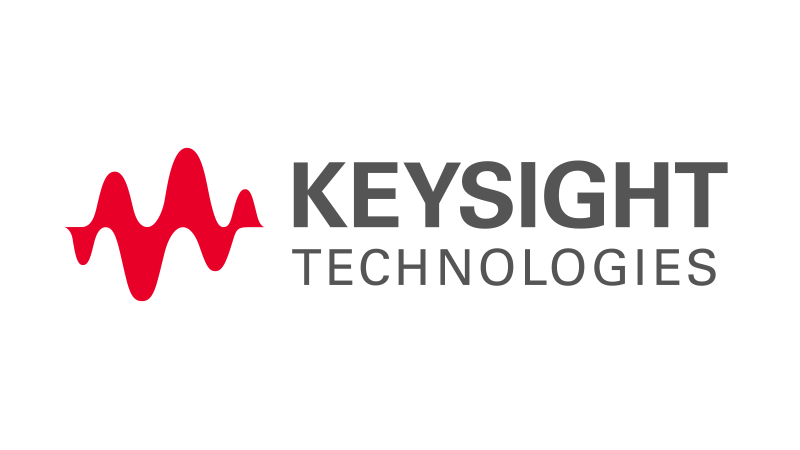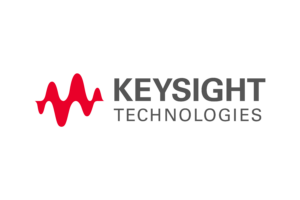DENT participated in NRF: Retail’s Big Show 2025, held from January 12–14 in New York City, NY. NRF 2025 offered an unparalleled opportunity for DENT to showcase its innovative solutions and engage with a global audience of retail professionals and potential end users.
DENT hosted a booth in NRF’s Startup Hub, a dedicated space for emerging companies and technologies to highlight transformative and groundbreaking ideas. The Startup Hub served as a dynamic platform for DENT to demonstrate its readiness as a retail edge solution and engage with attendees eager to explore the latest advancements shaping the future of retail. The Startup Hub served as a catalyst for innovation, bringing together emerging technologies and ideas ready to transform the retail industry, with DENT actively contributing to the dialogue on impactful advancements for the future of retail.
The DENT team, which included an expert representative from member organization PLVision, and staff from the Linux Foundation, leveraged the event to showcase DENT’s vendor-ready network operating system (NOS). They emphasized its transformative capabilities for the retail industry while educating attendees on DENT’s mission to deliver a lightweight, low-cost, Linux-based NOS that operates seamlessly across a range of devices, from embedded systems to DC switches.
DENT also highlighted its advancements in virtualization with the SAI virtual switch in DentOS. This technology enables streamlined development and testing in a virtualized environment, eliminating the need for physical hardware and paving the way for greater flexibility and efficiency in networking.
DENT is actively developing a PoC product to address retail edge networking requirements.
Key Takeaways
NRF 2025 underscored the shifting landscape of retail technology. One of the dominant themes was the future of retail tech beyond AI, exploring its potential to enhance hyper-personalization and store analytics. AI was discussed as a transformative force in retail, promising to make experiences more personal for customers and employees alike. The event highlighted how AI could drive a completely new kind of retailing—not just through efficiency or automation, but by redefining the relationship between retailers and consumers.
A Global Gathering of Retail Professionals
NRF 2025 continues to serve as the world’s largest retail trade event, drawing a global audience. While 2025’s attendance data is not yet available, the 2024 event saw nearly 40,000 attendees, including 19,000 retail professionals, 5,000 brands, and representatives from over 100 countries, with 70% from the US and 30% international.
Future Events
DENT’s presence at NRF 2025 reinforced its position as a leader in the retail tech space. The team is looking forward to upcoming events, including the 2025 OCP EMEA Summit on April 29–30 in Dublin, Ireland, and the 2025 OCP Global Summit on October 14–16 in San Jose, CA.
As DENT continues to drive innovation in network operating systems, its participation in key industry events like NRF helps advance its mission and connect with stakeholders eager to embrace transformative technologies. Stay tuned as DENT continues to redefine the future of retail networking.
What’s next?
Stay tuned for future announcements and opportunities to engage with the DENT project. Together, we can shape the future of network operating systems!





